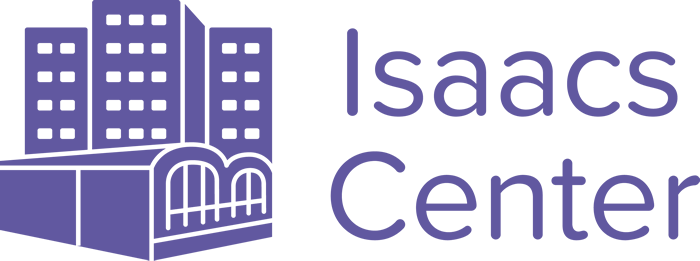
It was 6 PM on a weekday, and the teenage members of our Health Professionals in Training program had already spent nearly two hours learning about emergency response and practicing CPR. They were tired and sweaty and it was time to go home—but when Dr. Joy Howell asked if they wanted to learn how to intubate a patient, they all said yes without hesitation.
About a dozen young people watched intently as Howell tipped the patient’s chin back, then guided a tube with a tiny camera through the mouth and into the windpipe. “You want to see the tube go through those two white strings – those are the vocal cords,” Howell explained, pointing at monitor that showed the output of the camera.
Then the students split up into groups to practice on patients of their own, working with Howell and three other doctors. But these weren’t human patients—they were the same medical simulators, or manikins, that Weill Cornell uses to train its providers.
Health Professionals in Training is a partnership between our Beacon 2 After School Program and Weill Cornell. Dr. Howell, a pediatric critical care doctor and Assistant Dean for Diversity and Student Life at Weill Cornell Medicine, reached out to the Beacon to launch the program in 2021 as part of her department’s diversity work. The goal is to help students of color to see the healing professions as an option.
“We want them to envision themselves in these careers so that if they choose to pursue it, they know they can,” she said. “They know it’s within reach.”
This year in addition to visiting the Simulation Lab and its manikins, the students got to tour a high-tech ambulance for stroke victims. They got an in-depth look at the dermatology and asthma/immunology departments, and chatted with scientists in the laboratory working on cures for diseases like HIV and COVID. While the four providers who oversee the program are all physicians, Howell said, they make sure the students meet people in a variety of careers: “We involve nurse practitioners, nurses, respiratory therapists, physical therapists, occupational therapists, physician assistants, so they’re exposed to a range of health professionals.”
In the summer the program hosts two Beacon students for a month-long paid internship, giving them a deeper level of exposure to the work.
It’s not just the students who would benefit from a successful career in medicine, Howell points out; it’s critically important for patients. Multiple studies have shown that Black and Latino populations, in particular, have worse outcomes in the U.S. health system than white patients.
“Whether you’re talking about adults, children, medical care, surgical care, every which way you cut it, there are differences in outcome based on race and ethnicity,” she explained.
Studies show that patients of color do better when they have access to providers of color. With the help of Health Professionals in Training, more people may one day walk into an exam room and see a doctor who looks like them.
